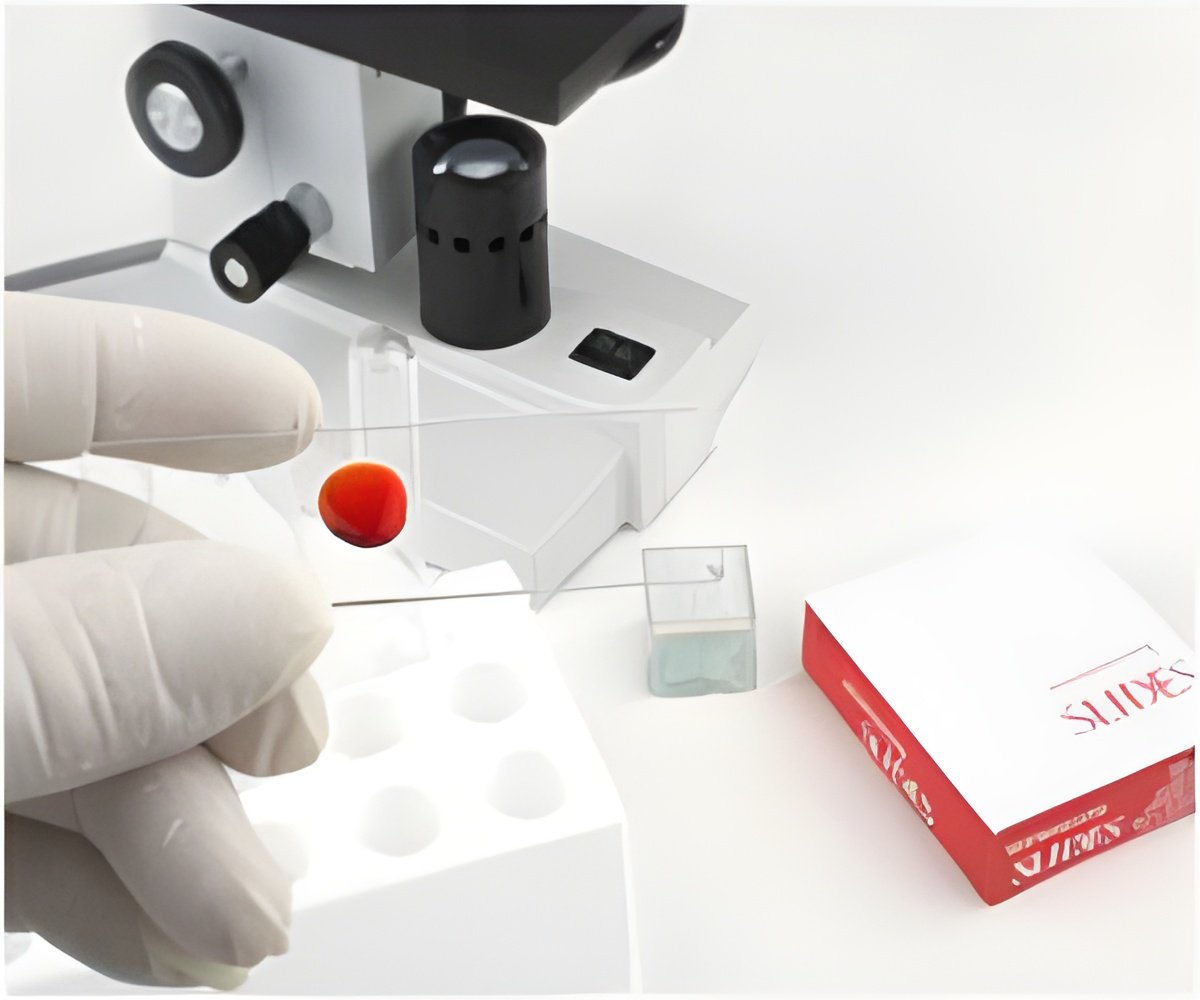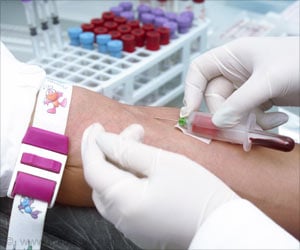World’s first breakthrough discovery on detecting success of cancer treatment and cancer relapse in patients could fast-track existing cancer treatments.

‘Blood samples could be just as effective as tissue biopsies in analyzing the behavior of some cancers and the blood test accurately detects the higher levels of DNA present in cancer patients.’





The study showed how “circulating DNA” could be accurately detected and measured in the bloodstream. This type of blood test was similar to liquid biopsy which is more informative than normal biopsy. Dr Dawson’s research was based on the extensive analysis of blood and tissue samples from a 42-year-old breast cancer patient.Dr Dawson said, “Everybody had small fragments of DNA in their bloodstream. But cancer patients actually have much higher levels ... and that’s because the cancer itself can shed small amounts of this DNA into the bloodstream.”
“We’ve found that it very accurately represents the genetic changes that are present in the underlying cancer. We think we’ll be able to use this information to understand how well patients are responding to therapy and, if they’re not, try and predict what therapies might be better for that particular individual. From the patient’s perspective, it doesn’t mean anything more than a blood test, ” said Dr Dawson.
Dawson hopes the blood tests would be available for patients with a range of cancers within five years. She is currently recruiting patients with advanced metastatic breast cancer to contribute blood samples to further her research. The research was published in the Journal Nature Communications.
Source-Medindia














